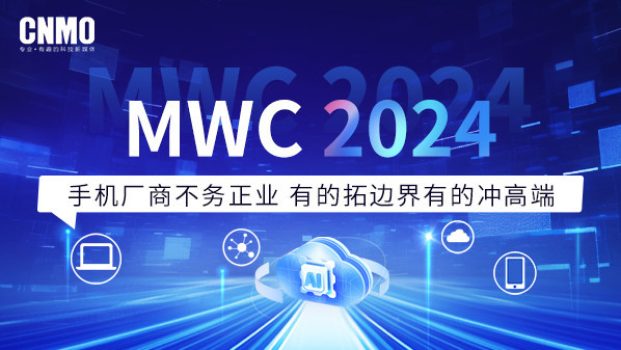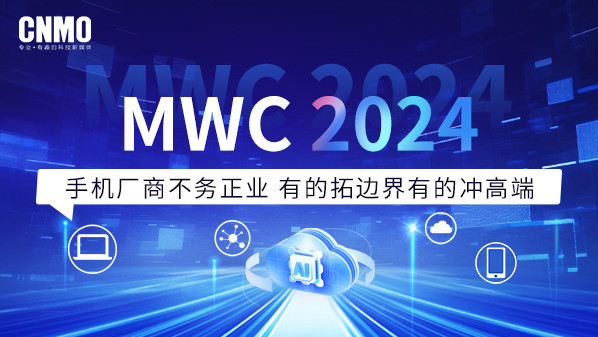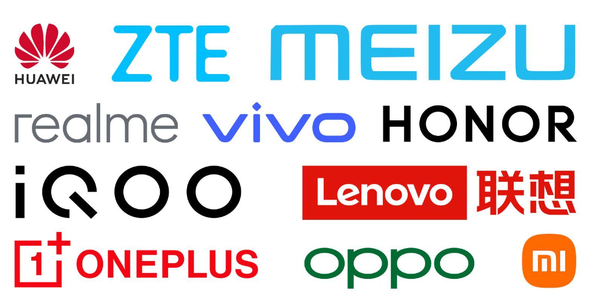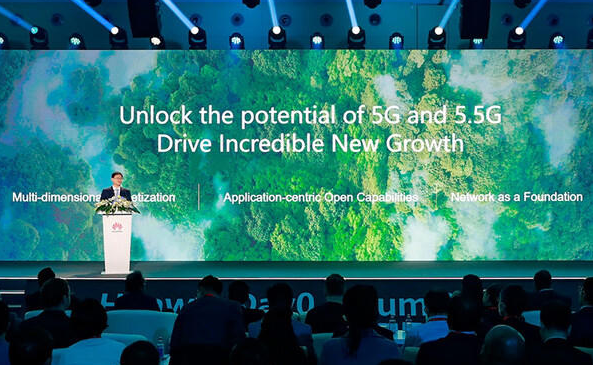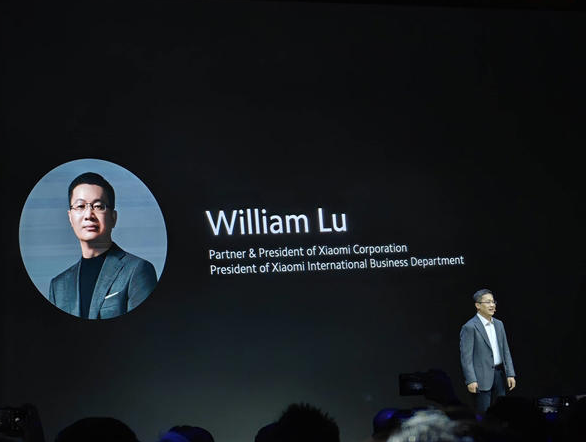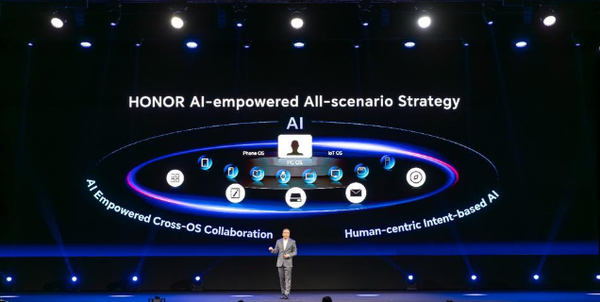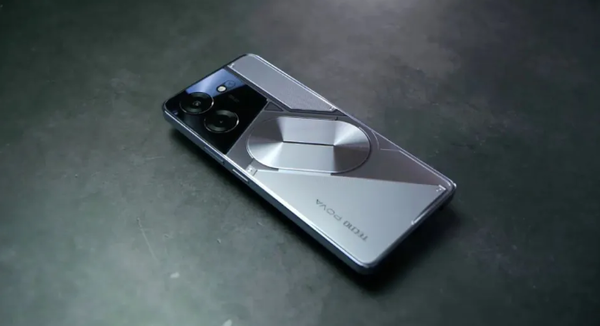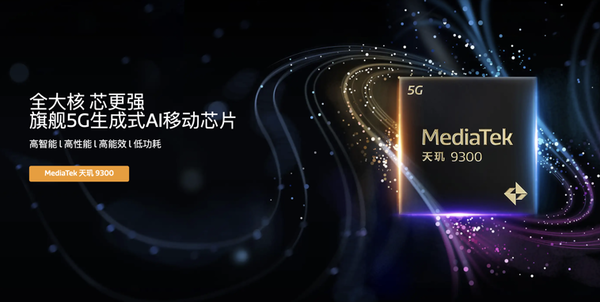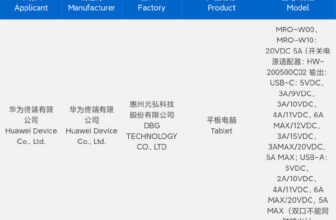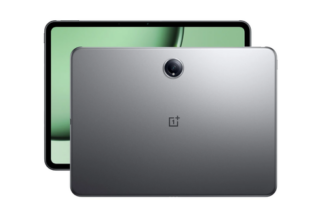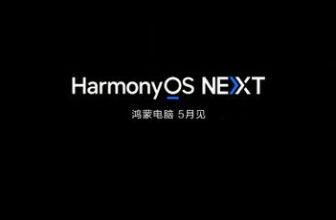[Gearbest Technology]The 2024 MWC conference is a feast for the technology industry. In the hustle and bustle of the first day, we witnessed many eye-catching highlights. Gearbest noticed that mobile phone manufacturers are still keen to seek new business growth points. Whether it is Xiaomi's efforts to promote the “full ecosystem of people, cars and homes” or Transsion's pursuit of the high-end market, we can see the innovation and vitality of the mobile phone industry.
In the AI boom, mobile phone manufacturers are gearing up to integrate AI technology into every corner of mobile phones. From AI assistants to more complex AI applications, and even to platform-level AI empowerment, mobile phone manufacturers are creating unprecedented sparks with AI.
At the same time, we cannot ignore the current situation of the global notebook market. According to the latest report from TrendForce, global notebook shipments will decrease by 10.8% year-on-year to 166 million units in 2023. Under the double attack of tablets and smartphones, the notebook market seems to be in trouble. So, can AI PC become a life-saving straw to save the notebook market? This will be a question we will pay close attention to during MWC.
In addition, Gearbest will discuss several new trends in the technology industry, starting with the new products and technologies that emerged at the MWC conference. The most obvious is the integration of 5G and AI technologies, which is also an important topic at this year's MWC.
Whether it is the new business exploration of mobile phone manufacturers or the widespread application of AI technology, we can see the important direction of the future technology industry. In this regard, Gearbest launched the “MWC 2024” series of topics, and this article focuses on “the unprofessionalism of mobile phone manufacturers.”
At a time when it is difficult to have breakthrough innovations in the smartphone industry, many manufacturers are exploring new ways to grow their business. At MWC 2024, many manufacturers including Huawei, Xiaomi, Honor, and Samsung showcased their latest technological achievements and business strategies, trying to open up new market areas, including 5G networks, smart homes, health care, autonomous driving, artificial intelligence, and more.
Huawei 5G-A Commercialization
According to Huawei, 2024 is the first year for 5G-A commercial use. On February 26, Huawei officially held a product and solution launch conference to release a full range of 5G-A products and solutions to the world. Huawei director and president of ICT products and solutions Yang Chaobin debuted the Huawei communication model to help operators unleash network and business potential.
5G-A, the enhanced version of 5G, has improved functions and coverage, and is designed to meet application scenarios that have higher requirements for communication quality. Unlike 5G, 5G-A is not intended to replace the existing 5G network, but to work in parallel with 5G as a supplement. In terms of speed, 5G-A performs particularly well. It can provide a downlink rate of up to 10Gbps, which is 10 times the 1Gbps rate of the original 5G network. In addition, 5G-A can also provide stable network connections in a wider area and reduce signal blind spots.
The 5G-A solutions proposed by Huawei this time include TDD Meta AAU, FDD Massive MIMO and 8TR wireless equipment, LampSite X DIS and millimeter wave AAU. Specifically, it will upgrade ELAA technology, achieve co-site coverage of millimeter wave and C band, and reconstruct antenna architecture to achieve a 10-fold increase in network capacity. In addition, at MWC 2024, Huawei also released its new folding screen, Pocket 2, to the world. This model has been released in the domestic market before, with a starting price of 7,499 yuan.
Xiaomi's complete ecosystem for people, cars and homes
Xiaomi also held a press conference at MWC 2024, hosted by Lu Weibing, president of Xiaomi China, who recently took over the Xiaomi mobile phone business left by Lei Jun. At MWC 2024, Lu Weibing introduced Xiaomi's new strategy – “full ecosystem for people, cars and homes”, and unveiled two core components: Pengpai OS and Xiaomi Auto SU7.
As one of the largest mobile phone manufacturers in China, Xiaomi has a long history of “not doing its job properly”. Many years ago, it was known as the “Xiaomi Grocery Store”. Now, with the full advancement of Xiaomi's automotive business, Xiaomi has also proposed a new concept of “full ecosystem of people, cars and homes”. It is reported that Xiaomi's “full ecosystem of people, cars and homes” aims to create a seamless smart life experience for users through the deep integration of personal mobile computing, mobile smart space and smart living space. Among them, “people” represents the personal mobile computing center, covering mobile phones, computers, tablets and wearable devices; “cars” are mobile smart spaces, and “homes” are smart living spaces composed of a large number of smart devices connected to each other.
The core of Xiaomi's “full ecosystem for people, cars and homes” is Xiaomi's own operating system Pengpai OS. Pengpai OS was released at the end of 2023 and is expected to fully replace MIUI, a people-centered full ecosystem operating system for people, cars and homes. The system combines the Linux native kernel and Xiaomi's self-developed Vela kernel, through the reconstruction of the kernel basic modules and the comprehensive reconstruction of the four subsystems. It is expected that in the future, Pengpai OS will also be fully expanded to Xiaomi cars and Xiaomi smart home products, and it is the key to the “full ecosystem for people, cars and homes”.
Honor turns to AI terminals
Today, AI technology has deeply penetrated into industries such as automobiles, PCs, and mobile phones. As a major domestic mobile phone manufacturer, Honor has seen this development opportunity and released a new AI-enabled full-scenario strategy at MWC 2024, launching platform-level AI empowerment, a human-centric cross-operating system experience, and a new human-computer interaction based on intent recognition, as well as a series of smart devices such as Honor Magic6 Pro, AI PC Honor MagicBook Pro 16, etc.
IDC predicts that 2024 will be the first year of AI PC, and AI PC will also help the personal computer market get out of the trough and regain growth. This time, Honor released a new AI PC – Honor MagicBook Pro 16. This laptop supports platform-level AI, cross-system interconnection, leapfrog performance, and smart applications. Honor MagicBook Pro 16 opens a new era of AI PC with interconnection and collaboration in the Honor ecosystem. Through the MagicRing trust ring, users can also easily share and synchronize materials between Honor devices, greatly increasing convenience and ease of use.
Honor smartphones have also begun to gradually introduce platform-level AI capabilities. Honor Magic6 Pro has not only made further progress in performance, screen, imaging, battery life, etc., but also achieved breakthroughs in AI capabilities. Honor's MagicOS has introduced Honor platform-level AI capabilities and the industry's first human-computer interaction based on intent recognition. As a result, Honor has introduced a new solution for human-computer interaction.
Samsung smart ring on display
Samsung's smartwatches and smart headphones are well-known in overseas markets. Now, with the debut of the Samsung Galaxy Ring smart ring at MWC 2024, Samsung's wearable device business has entered a new stage of development.
Samsung officially showcased its smart health product lineup at MWC 2024, providing users with a more personalized and seamless health experience on more devices through the transformative power of AI. As part of this series of products, Galaxy Ring debuted as a new health form factor, simplifying daily health management and supporting a smarter and healthier lifestyle through the more connected digital health platform Samsung Health.
In addition to the Galaxy Ring smart ring, Samsung also showcased a series of new products including the Galaxy S24 series, Galaxy Book4 series, and Galaxy Watch6 series. These are Samsung's latest hardware products, but unlike previous regular updates, this series of Samsung new products all support Galaxy AI, achieving a complete and innovative experience through more advanced AI capabilities.
Transsion enters the high-end market
Transsion is a mobile phone manufacturer that most Chinese people are relatively unfamiliar with. Once known as the “King of Africa”, it has long dominated the low-end and mid-range mobile phone market in developing countries. The latest data shows that Transsion has become the world's fifth largest smartphone manufacturer, with influence comparable to that of Xiaomi, OPPO, and vivo.
Not long ago, TECNO, the flagship high-end technology brand of TECNO, announced that it has reached a cooperation with Dolby Laboratories to jointly promote the implementation of Dolby Atmos spatial audio experience in TECNO smartphones. TECNO POVA 6 series of mobile phones will be the first to be equipped with Dolby Atmos and will be officially released at MWC 2024.
As the market is mainly concentrated in developing countries, such as Africa, Southeast Asia, and Latin America, the average selling price of Transsion mobile phones has been below 300 yuan in the past few years. Although the market share and sales have hit new highs, the excessively low price of mobile phones has become a major obstacle to Transsion's development. Like Xiaomi in the past, Transsion is now exploring the high-end road. The new TECNO POVA 6 series of mobile phones is a test by Transsion, and it also implies Transsion's ambition to break through the high-end market.
MediaTek satellite broadband unveiled
With the release of a series of new products such as Huawei Mate60 Pro, OPPO Find X7 Ultra, Honor Magic 6 Pro and Xiaomi 14 Ultra, satellite communication has become the key development direction of the mobile phone industry in the next stage. As an important upstream manufacturer in the industry, MediaTek has seized the opportunity and demonstrated a number of advanced satellite products at MWC 2024.
Following the successful launch of the MT6825 5G NTN chipset last year, MediaTek continues to maintain its leading position in satellite communication technology. At MWC 2024, MediaTek demonstrated a new generation of 5G-Advanced NR-NTN satellite test chips, which will be able to provide more than 100Mbps of data throughput for cars and other terminal devices through the Ku band and advanced low-orbit (LEO) satellite technology. The world's first Pre-6G satellite broadband streaming experience simulated by low-orbit satellites was exhibited on site. The demonstration used the Rohde & Schwarz SMW200A Victor signal generator and FSW signal analyzer, as well as the NR NTN test base station (gNB).
In addition, MediaTek continues to delve into the field of AI. The on-site demo will be based on the Dimensity 9300 flagship 5G generative AI mobile chip, using the leading chip architecture to achieve localized AI video generation. It is expected that the next-generation MediaTek Dimensity 9400 chip will also focus on improving AI capabilities, providing a hardware foundation for mobile phone manufacturers to create powerful AI functions.
Final Thoughts
This year's MWC 2024 is full of highlights, covering multiple fields such as AI, smart wearables, satellite communications, smart homes, etc. It not only demonstrates the diversified development achievements of the industry, but also allows us to see the major manufacturers' strong innovation capabilities and strong scientific research capabilities.
magicCubeFunc.write_ad(“dingcai_top_0”);
